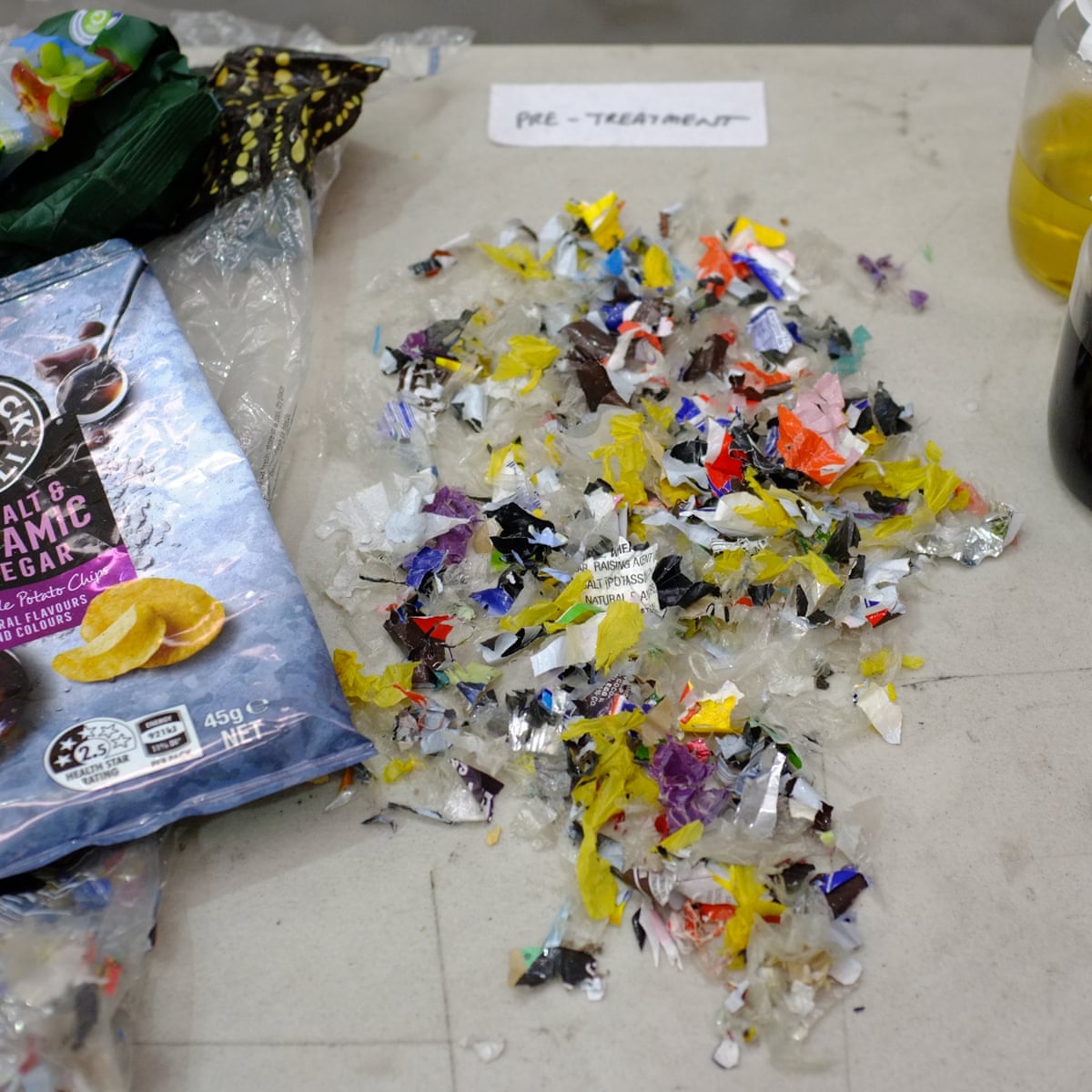Bags Not Australia provides stylish and eco-friendly bags that are durable and sustainable, perfect for everyday use. With a wide range of options available, they offer a solution to the growing problem of plastic waste.
The bags are made from high-quality materials and designed with practicality in mind, ensuring that you can carry your essentials while reducing your impact on the environment. Whether you need a tote bag for shopping or a backpack for commuting, Bags Not Australia has you covered.
Say goodbye to single-use plastic bags and make a responsible choice with Bags Not Australia.
The Problem With Single-use Plastic Bags
Plastic bags have become a pervasive part of our daily lives, but their impact on the environment is cause for concern. In Australia alone, staggering statistics reveal the extent of plastic bag usage. With an estimated annual consumption of over 10 billion bags, Australians contribute significantly to plastic pollution. These single-use bags are not biodegradable and end up damaging ecosystems, particularly in marine environments.
Plastic bags pose a significant threat to oceans, as they often find their way into the water through improper disposal. In addition to their non-biodegradable nature, plastic bags can be mistaken for food by animals, leading to ingestion and suffocation. The negative consequences of plastic bag pollution on marine life and ecosystems are far-reaching.
Australia’s Relationship With Plastic Bag Usage
In Australia, the usage of plastic bags has seen significant changes over time. Historically, plastic bags were widely used for shopping and day-to-day activities. However, in recent years, with growing concerns about environmental impact, the Australian government has taken initiatives to reduce plastic bag usage.
| History of Plastic Bag Usage | Government Initiatives and Regulations | Public Awareness and Attitudes |
|---|---|---|
| Plastic bags were commonly used | The government introduced a ban on lightweight plastic bags | Public awareness campaigns have increased |
| Increased environmental concerns | Regulations promote the use of reusable bags | Attitudes towards plastic bags are shifting |
| Plastic bags contribute to pollution | Several states and territories have implemented bans | More people prefer sustainable alternatives |
With the introduction of bans and regulations, the use of plastic bags in Australia has declined. Public awareness campaigns have played a crucial role in changing attitudes towards plastic bag usage. Increasingly, individuals are opting for sustainable alternatives such as reusable bags. This shift reflects a growing concern for the environment and a collective effort to reduce plastic waste.
Alternatives To Plastic Bags
In today’s environmentally conscious world, it’s crucial to find alternatives to plastic bags. Reusable bags are an excellent option that not only help reduce waste but also offer a range of benefits. By using reusable bags, you can significantly decrease your contribution to the plastic pollution problem. These bags are made from durable materials such as cloth, canvas, or jute, making them suitable for numerous uses.
They are designed to be sturdy and can carry heavy loads without tearing. Additionally, reusable bags come in various sizes and styles, ensuring there is an option for every need. From tote bags to produce bags and even backpacks, there are endless alternatives to plastic bags. In Australia, you can easily find a wide selection of reusable bags at local supermarkets, online stores, or eco-friendly shops. By making a simple switch to reusable bags, you can make a positive impact on the environment and reduce your carbon footprint.
Community-driven Efforts
The movement against single-use plastic bags is gaining traction in Australia, with various community-driven efforts aimed at promoting the use of reusable bags. Grassroots campaigns have been instrumental in raising awareness about the harmful impacts of plastic bags on the environment and encouraging individuals to make sustainable choices.
Local communities have successfully implemented initiatives such as the distribution of free reusable bags, organizing educational workshops and events, and partnering with local businesses to promote eco-friendly alternatives. These efforts have not only reduced the consumption of plastic bags but also fostered a sense of environmental responsibility among residents.
Many success stories have emerged from these community-driven campaigns, inspiring other regions to follow suit. These initiatives not only benefit the environment but also contribute to building a more conscious and sustainable society. It is heartening to see how small-scale efforts can collectively create a significant positive impact on the environment.
Retailers’ Response
In response to the growing concern for environmental sustainability, major retailers in Australia have implemented policies to reduce plastic bag usage. These policies encourage customers to bring their own bags and offer a range of incentives to promote this behavior.
| Retailer | Policy | Incentives |
|---|---|---|
| Retailer A | No longer provides single-use plastic bags | Discounts on purchases or loyalty points for customers bringing their own bags |
| Retailer B | Replaced single-use bags with reusable ones for purchase | Free or discounted reusable bags for customers who bring their own bags |
| Retailer C | Charges a small fee for each plastic bag requested | Regular promotions offering discounts or giveaways for customers opting for reusable bags |
These efforts aim to raise awareness about the harmful impact of plastic bags on the environment and encourage a shift towards more sustainable practices. By providing incentives for customers to bring their own bags, retailers not only reduce plastic waste but also empower individuals to make conscious choices that contribute to a greener future for Australia.
Potential Impacts Of Bag Bans
The implementation of plastic bag bans can have significant economic ramifications. Specifically, the plastic bag industry may experience job implications as a result. With the decrease in demand for plastic bags, manufacturing plants may be forced to downsize or even close down completely. This could lead to job losses and unemployment within the industry.
Furthermore, the ancillary businesses that support the plastic bag industry, such as raw material suppliers and packaging companies, may also be negatively affected. These businesses rely heavily on the demand generated by the plastic bag industry and may face financial challenges as a result of bag bans.
On the other hand, bag bans can also create new job opportunities in industries that produce alternative eco-friendly bags. This could include the manufacturing of reusable bags or biodegradable options. However, it is important to note that the scale of job creation in these industries may not necessarily offset the job losses in the plastic bag sector.
In summary, while bag bans may have positive environmental impacts, it is crucial to consider the potential economic consequences, particularly in terms of job implications for the plastic bag industry and related businesses.
Sustainable Solutions For Australians
Encouraging behavioral changes in practices is essential to create a more sustainable future. One of the key ways to achieve this is by following the principles of reduce, reuse, and recycle, which promote a circular economy. By reducing the amount of waste we produce, reusing items instead of disposing of them, and recycling materials to create new products, we can minimize our environmental impact.
There are several strategies that can be implemented to encourage these behavioral changes. Firstly, raising awareness about the benefits of through education and campaigns can inspire individuals to adopt more sustainable habits. Providing convenient and accessible recycling facilities in communities can also make it easier for people to recycle their waste.
Additionally, implementing government policies and incentives to support sustainable initiatives can further drive positive change. This could include offering tax benefits for businesses that adopt practices or providing subsidies for renewable energy sources.
In conclusion, by promoting the principles of reduce, reuse, and recycle and implementing strategies to encourage practices, we can all play a part in creating a more sustainable future for Australia.

Credit: www.reddit.com
Frequently Asked Questions On Bags Not Australia
What Does Bags Not Mean In Australian?
In Australia, “bags” does not mean anything specific.
What Does Bags Mean In Australian Slang?
In Australian slang, “bags” means to claim or reserve something, similar to calling dibs.
Where Did The Slang Bags Come From?
Slang bags originated from urban street culture, used to describe cool and fashionable bags. They became popular among young people, especially in the hip-hop community. The term “bags” is slang for money, and it’s used to convey a sense of style and wealth.
What Is Bags Slang For?
Bags is slang for a small amount of drugs or a package of drugs.
Conclusion
With Bags Not Australia, you can bid farewell to single-use plastic bags and contribute to a cleaner, greener future. Their sustainable and stylish alternatives ensure that you can carry your belongings without compromising the environment. By choosing Bags Not Australia, you make a conscious decision to reduce plastic waste and support a more sustainable way of living.
Together, let’s make a difference and create a better world for generations to come.

Welcome to Old Money Bag, your premier destination for the finest and most exquisite luxurious bags. Owned and curated by Blog: Leslie Palacio, our website is dedicated to bringing you a collection of handpicked, high-end bags that exude elegance and sophistication.

